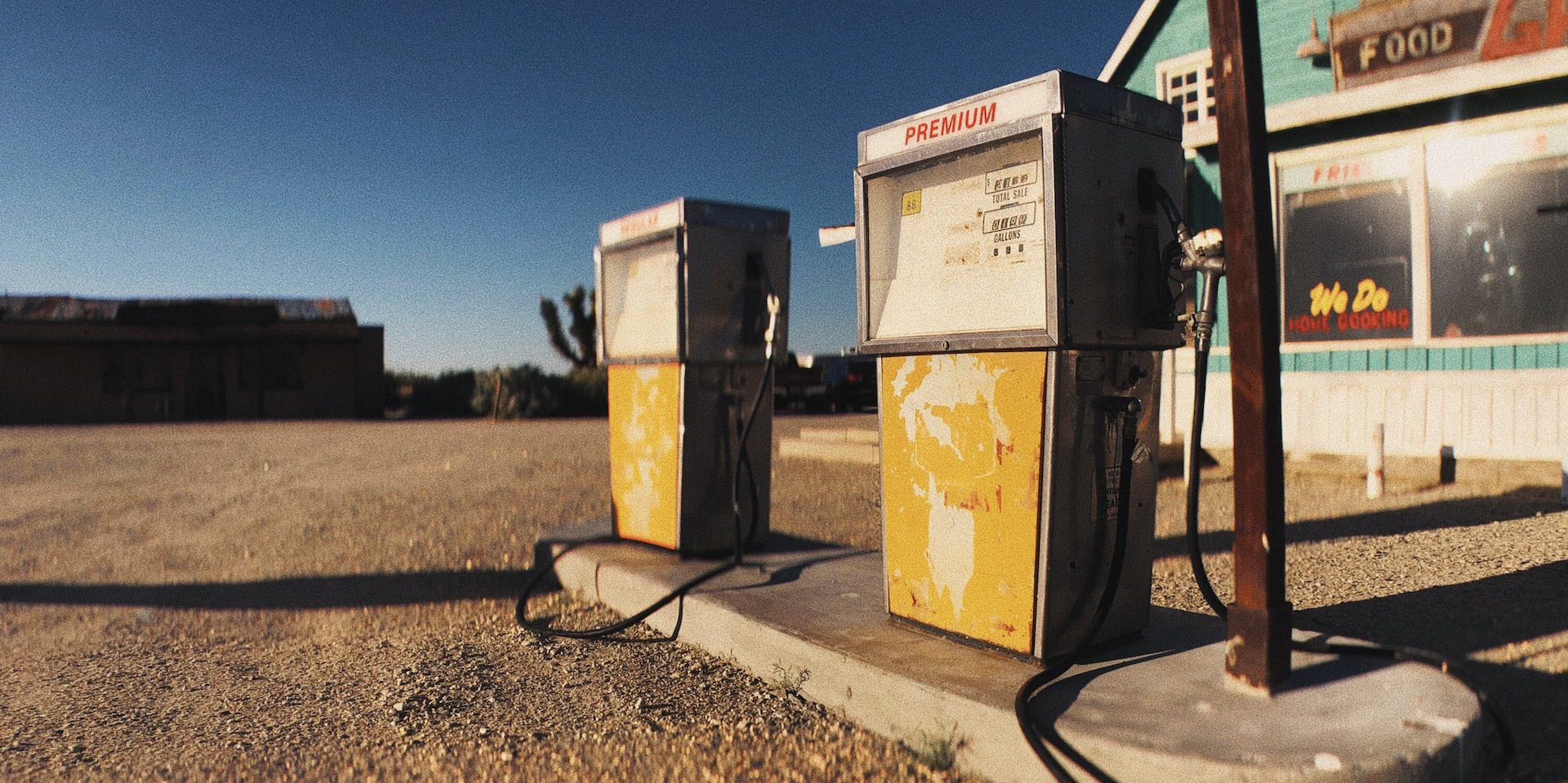View by Topic
Recent Articles
-
Solar Panel Tariffs: A Roadblock to Renewable Energy Uptake in the U.S.?Saturday, May 18th, 2024
-
Appeals Court Finds Climate Change is Not JusticiableSaturday, May 11th, 2024
-
Colorado Building Energy Performance Standards (BEPS) Laws ChallengedSaturday, May 4th, 2024
-
New Environmental Laws from the 2024 Maryland Legislative SessionSaturday, April 27th, 2024
-
EPA Designates PFOA and PFOS as Hazardous Substances under Superfund LawSaturday, April 20th, 2024
View by Month/Year
“Green Building Law Update” Headlines
Recent Articles & News from
Stuart Kaplow’s blog
at GreenBuildingLawUpdate.com
- Constitutional Rights vs. Climate Change: Inside the Juliana Case Dismissal May 12, 2024
- Does Federal EPCA Trump Colorado Building Energy Performance Standards (BEPS)? May 5, 2024
- New Environmental Laws in Maryland: 2024 Brings Opportunities for Businesses April 28, 2024
- EPA Takes Action: PFOA and PFOS Now Hazardous Substances Under Superfund Law April 21, 2024
Subscribe to the Green Building Law Update!
Stuart Kaplow brings his expertise and extensive experience to the table with his unique digital publication, "Green Building Law Update". Subscribers receive regular updates to keep them informed about important issues surrounding Environmental Law, Green Building & Real Estate Law, as well as the emerging demand for Environmental Social Governance (ESG).
Get fresh content through the lense of Stuart Kaplow's cutting-edge expertise, innovative commentary and insider perspective. Don't miss another issue! Subscribe below.

New Maryland Regulation all but Shuts Down Phase ll Environmental Site Assessments
The Maryland Department of the Environment has adopted regulations for the first time requiring the person conducting an environmental assessment, even when they are not the owner of the property (e.g., possibly a prospective contract purchaser of land or a consultant engaged in a lending transaction) to report suspected oil to MDE immediately, but not later than 2 hours after the visual detection of free product or within 48 hours of receiving an analytical laboratory report that shows a petroleum constituent.
This is a significant expansion in the breadth and scope of what environmental matters are necessary and proper to report to the Maryland state government, including by what, who and when.
Buried deep, on page 78 of 133 pages of amended and restated oil pollution control and storage regulations are provisions that impose reporting requirements, for the first time, on a prospective purchaser of real estate even if the purchase is never consummated. Moreover, the regulations, also for the first time, impose the new reporting requirements on “the person conducting the environmental assessment” later clarified as “the person performing the environmental assessment” clearly intending to include in the mandate consultants engaged to do the work (apparently including laboratories testing samples) whether by an owner, prospective owner, lender or anyone else.
These regulations are in the oil pollution control and storage program, but evidence of a spill, release, or discharge, the magic words in the regulation that trigger “reporting circumstances” refer to oil, but are far from clear as Maryland has long had an issue of the definition of what is “oil.” Maryland defines “oil” as, in general, petroleum based and excluding edible oils unless those edible oils are incorporated into a petroleum based oil such that the total substance is considered oil, except with respect to, however, the discharge of edible, including plant based oil, required by other Maryland regulations (i.e., the NPDES program) to be reported to MDE. None of which addresses ‘used’ oil nor aligns with federal oil definitions. But the matter of what is oil will have to wait for another blog post.
So, many more people must report oil, but how much oil triggers this reporting requirement? Noting that these regulations largely regulate the oil and gas industry (e.g., deliveries of fuel to gasoline stations), elsewhere a spill of 5 gallons or more for example when filling a gasoline tank, triggers a notice requirement, but there is no similar quantity threshold described in these sections. Presumably, a thimble full of oil triggers this reporting requirement.
Additionally, the spill, release, or discharge can be historic. That is, in the vast majority of site assessments, oil identified on a property is not from current ongoing use, but rather is historic, often decades old, and identified only because modern laboratory testing reveals residue of oil constituents in the soil in such small quantities.
It is not the historical time frame that has brought most of the attention to these regulations, but the time requirement of immediate reporting to MDE. From COMAR 26.10.08.01,
(2) If evidence of a spill, release, or discharge is discovered during an environmental assessment conducted on a property as part of a due diligence investigation in support of a property transaction or a loan refinancing, the person conducting the environmental assessment and the owner of the property shall report the suspected spill, release, or discharge to the Department:
(a) Immediately, but not later than 2 hours after the visual detection of free product; or
(b) Within 48 hours of receiving an analytical laboratory report described under § B(1) of this regulation.
It is suggested by professionals in this space that those very short time frames for reporting are not workable. Be well aware, that many matters that did in the past have to be reported to the State at all, now are required to be reported within 48 hours. In an occurrence since these regulations went into effect, where this firm represents a land seller and the environmental assessment was done by a consultant engaged by a contract purchaser who retained the services of the laboratory, we had great difficulty complying with these time frames.
There appears to be no authority for those very short reporting time frames or for that matter these reporting requirements at all. We are not aware of any statute in Maryland that authorizes these regulations. And in response to a query about that lack of statutory authority, in its Response To Public Comments on the proposed regulations, MDE unresponsively replied, “MDE proposed to formalize a current Department practice for reporting evidence of oil contamination during an environmental assessment conducted on a property as part of a due diligence investigation in support of a property transaction or a loan refinancing ..”
Of course, as our clients know, in the past all of these matters were protected by attorney client privilege and related confidentiality tools when attorneys conducted environmental site assessments including engaging consultants and while the best practices remain important for matters of hazardous waste and constituents other than oil, these regulations make no allowances for the longstanding and accepted practice of mitigating risk through the use of law firms to conduct environmental assessments.
Owners of land, including prospective purchasers, must consider this in the context of other significant disarranging in matters of environmental site assessments, including that EPA has withdrawn its proposed approval of the 2021 Phase I standard and that EPA is expected in the coming days the propose a rule making PFOA and PFOS hazardous substances, resulting in many being reluctant to allow any assessments forcing conversations with attorneys about how to newly navigate this environmental regulatory scheme that has been in place since the 1980s.
News of these requirements to give notice to MDE has been slow to reach the real estate industry in Maryland, but the response among the knowing has been to all but shut down and halt the Phase ll Environmental Site Assessment Process in the state, which results in the opposite of the intended effect with dramatically fewer properties being studied the consequence being less contamination discovered, mitigated and cleaned up. The wisdom of mandatory environmental reporting to the government is left for others to philosophize about, but these regulations are not good for the alienation of real estate, nor for business development, and certainly not for the repairing of our planet.









